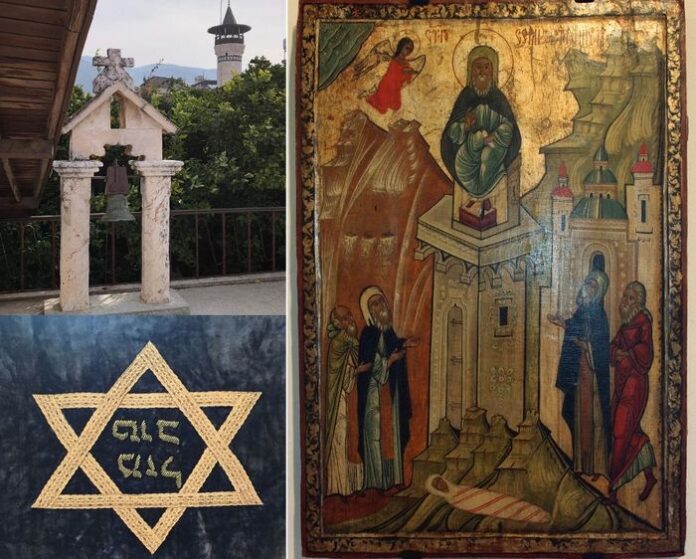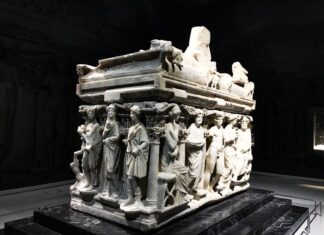5. All the witnesses may seal the testament with the same seal; for, as Pomponius says, what if the engraving on all seven seals were the same? And a witness may use a seal belonging to another person.
6. Those persons can be witnesses with whom there is testamenti factio. But women, persons under the age of puberty, slaves, madmen, dumb persons, deaf persons, prodigals restrained from having their property in their power, and persons declared by law to be worthless and incompetent to witness, cannot be witnesses.
7. A witness, who was thought to be free at the time of making the testament, was afterwards discovered to be a slave, and the Emperor Hadrian, in his rescript to Catonius Verus, and afterwards the Emperors Severus and Antoninus by rescript, declared, that they would aid such a defect in a testament, so that it should be considered as valid as if made quite regularly; since, at the time when the testament was sealed, this witness was commonly considered a free man, and there was no one to contest his status.
8. A father, a son under his power, or two brothers under the power of the same father, may be witnesses to the same testament; for nothing prevents several persons of the same family being witnesses in a matter which only concerns a stranger.
Castrense peculium
9. But no person under power of the testator can be a witness. And if a filiusfamilias makes a testament giving his castrense peculium, after leaving the army, neither his father, nor any one in power of his father, can be a witness. For, in this case, the law does not allow the testimony of a member of the same family.
10. No person instituted heir, nor any one in subjection to him, nor his father, in whose power he is, nor his brothers under power of the same father, can be witnesses; for the whole business of making a testament is in the present day considered a transaction between the person who has purchased from the testator and the heir.
But formerly there was great confusion; for although the ancients would never admit the testimony of the familiae emptor, nor of any one connected with him by the ties of patria potestas, yet they admitted that of the heir, and of persons connected with him by the ties of patria potestas, only exhorting them not to abuse their privilege.
Read More about The Institutes 535 CE part 14







